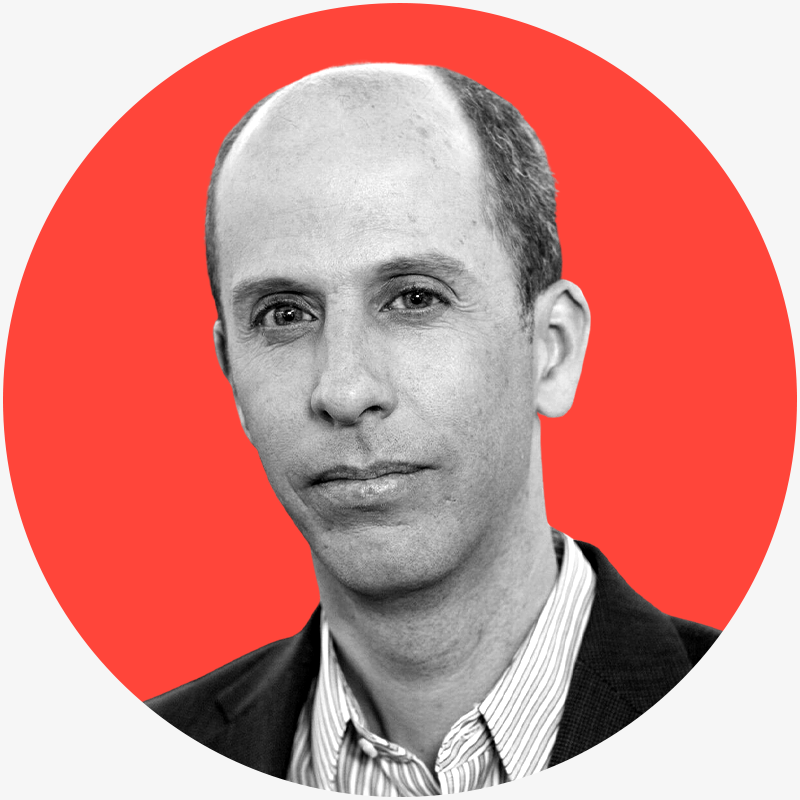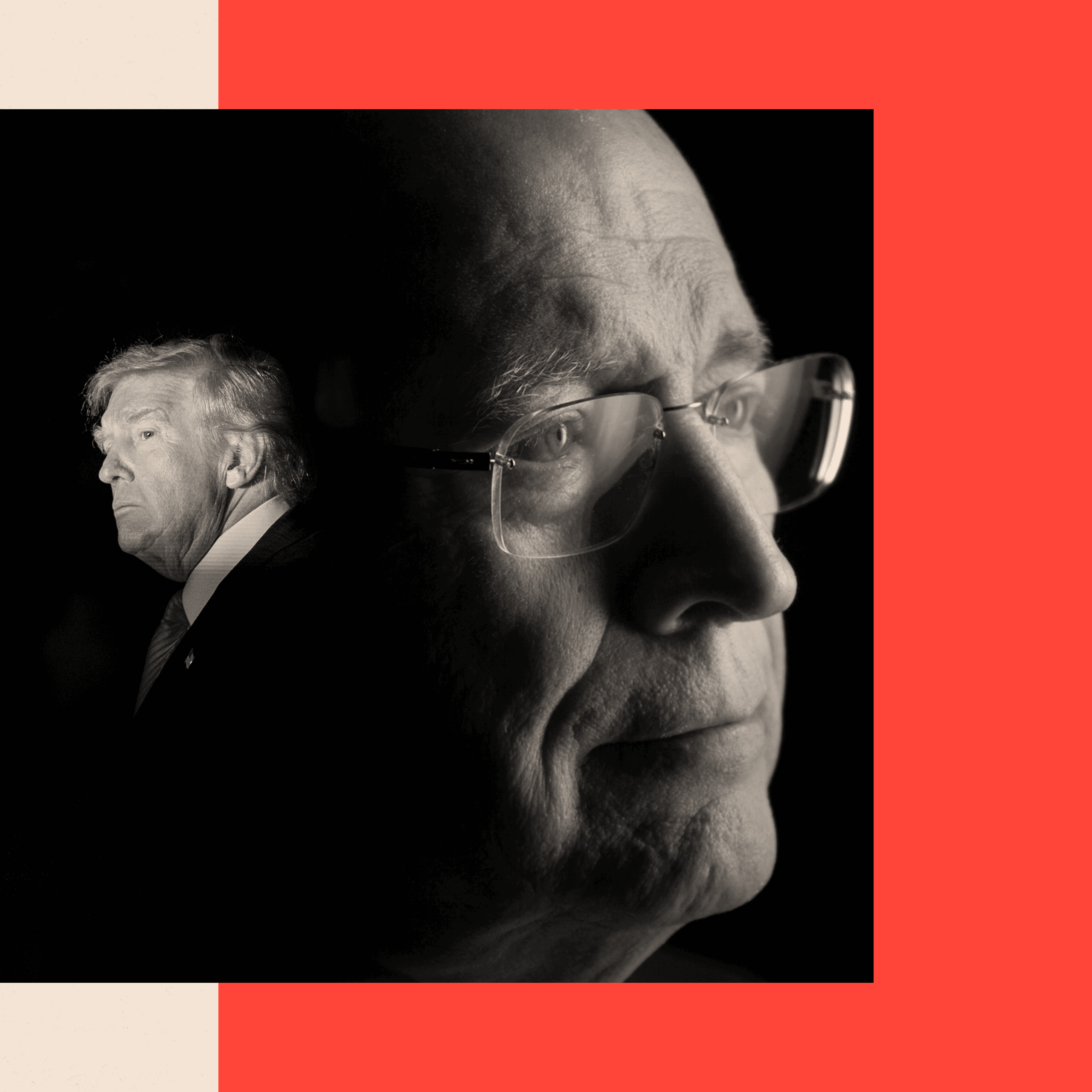
Dick Cheney, the former vice-president who died on Tuesday, dramatically expanded the powers of the US presidency in the aftermath of the 9/11 terror attacks. More than two decades later, Donald Trump is wielding the political levers Cheney constructed as a potent tool to advance his national priorities - even as the two men had nasty personal clashes over the direction of the Republican Party.
Cheney's experience in US government stretched back to Richard Nixon's White House, and he honed his theories of presidential powers over decades of experience in the corridors of power in Congress and during multiple Republican administrations.
As vice-president during the George W Bush administration, he used the Al-Qaeda attacks on the World Trade Center and Pentagon – the most consequential moment of American national unity and clarity of purpose since the Japanese Pearl Harbor attack of World War Two – to restructure the foundations of executive authority.
"Cheney freed Bush to fight the 'war on terror' as he saw fit, driven by a shared belief that the government had to shake off old habits of self-restraint," former Washington Post reporter Barton Gellman writes in Angler, his 2008 book on Cheney's time as vice-president.
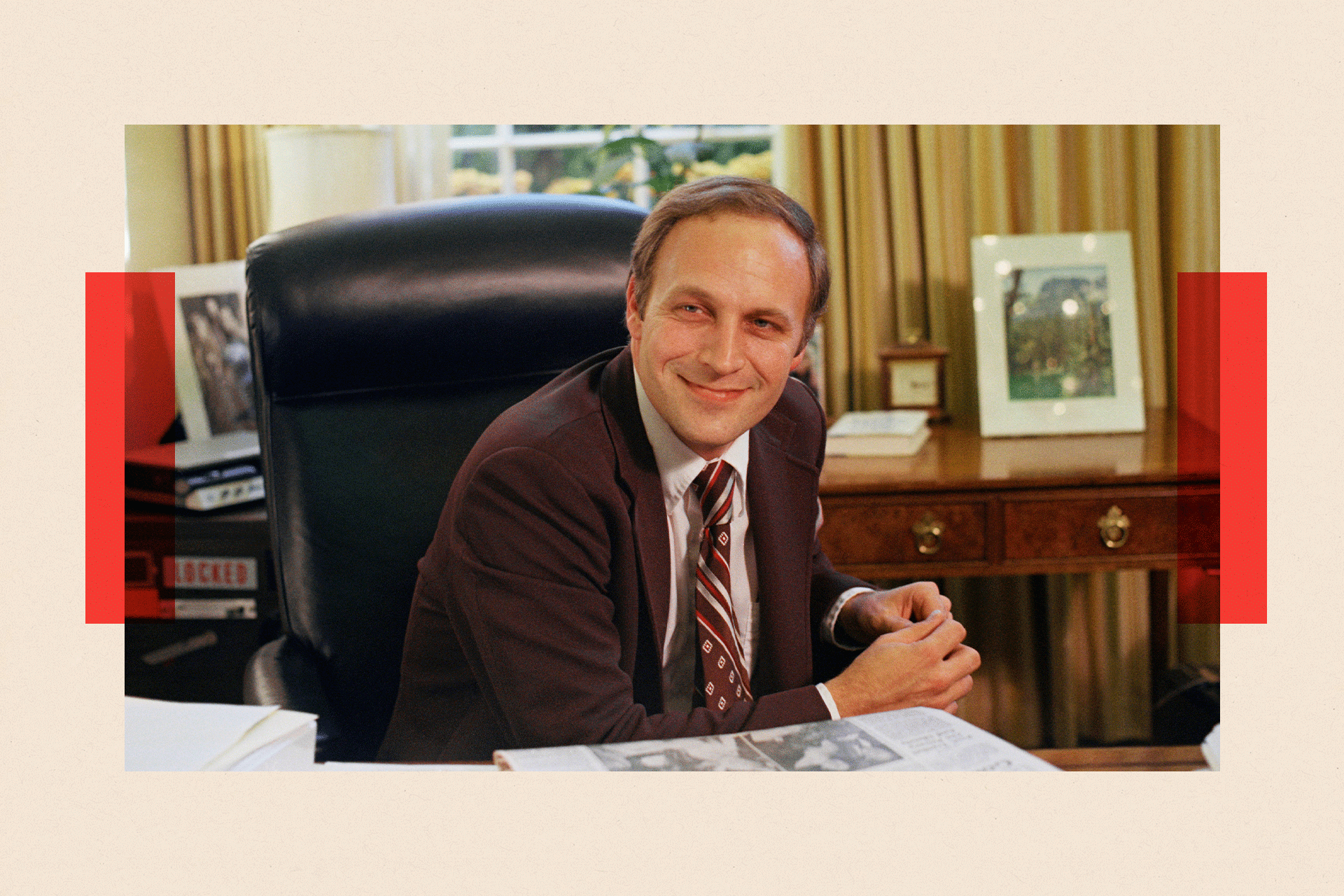
Cheney worked as chief of staff in the White House for President Gerald Ford in the 1970s
Now Donald Trump, who has inherited those expanded presidential powers, is using them to pursue his own political agenda. It's an agenda that has shocked portions of the American public the way Cheney's once did, but one that has, at times, run counter to the policies and priorities Cheney once endorsed.
And while Trump cites "national emergencies" to justify his actions, there is nothing near the national unity or sense of crisis that gripped America in the wake of 9/11.
Despite spending decades concentrating power in the White House, in the later years of his life Cheney warned of the danger Trump posed to the nation, particularly after Trump's attempts to challenge his defeat in the 2020 presidential election. In 2024, Cheney said he supported Democrat Kamala Harris.
"There has never been an individual who is a greater threat to our republic than Donald Trump," he said. "As citizens, we each have a duty to put country above partisanship to defend our Constitution."
Trump, for his part, called Cheney "the king of endless, nonsensical wars, wasting lives and trillions of dollars".
How Trump mirrors Cheney's playbook
The parallels between Cheney and Trump and their expansive deployment of presidential authority, however, stretch across the breath of the American political landscape - in the use of American military power overseas, the ability to detain and transport non-citizens, and in the development and expanded use of US surveillance power, including focusing on perceived domestic threats.
"The powers of the president to protect our country are very substantial and will not be questioned," Stephen Miller, a long-time Trump adviser who is now deputy chief of staff, said during a television interview in 2017. It's a line that could have been spoken by Cheney when he was at the pinnacle of American politics.
While Trump has renounced Cheney's interventionist foreign policy and the Iraq War he oversaw, he – like Cheney – has demonstrated a willingness to use American military power abroad in ways that often flout attempts at oversight.
He launched bombing strikes on Iran in June, which he justified with warnings of a growing nuclear threat from a regional adversary, echoing the very reasoning Cheney used at the start of the 2003 Iraq war.
In recent months, Trump's administration has designated narcotics traffickers as "enemy combatants" and is undertaking an ongoing campaign of destroying suspected drug-running boats in international waters. The deadly military attacks are necessary, they say, to protect American national security.
According to a Washington Post report, Trump's justice department has informed Congress that the White House does not need congressional approval to continue these strikes, despite requirements governing the use of force set out in the 1974 War Powers Resolution.
Critics had accused Cheney's Bush administration of stretching the boundaries of the 2001 Authorisation of Military Force in the "War on Terror" to permit US military operations against suspected terrorists across the world. Now Trump is using similar means – drones and missiles – without even that slim cover of congressional approval.
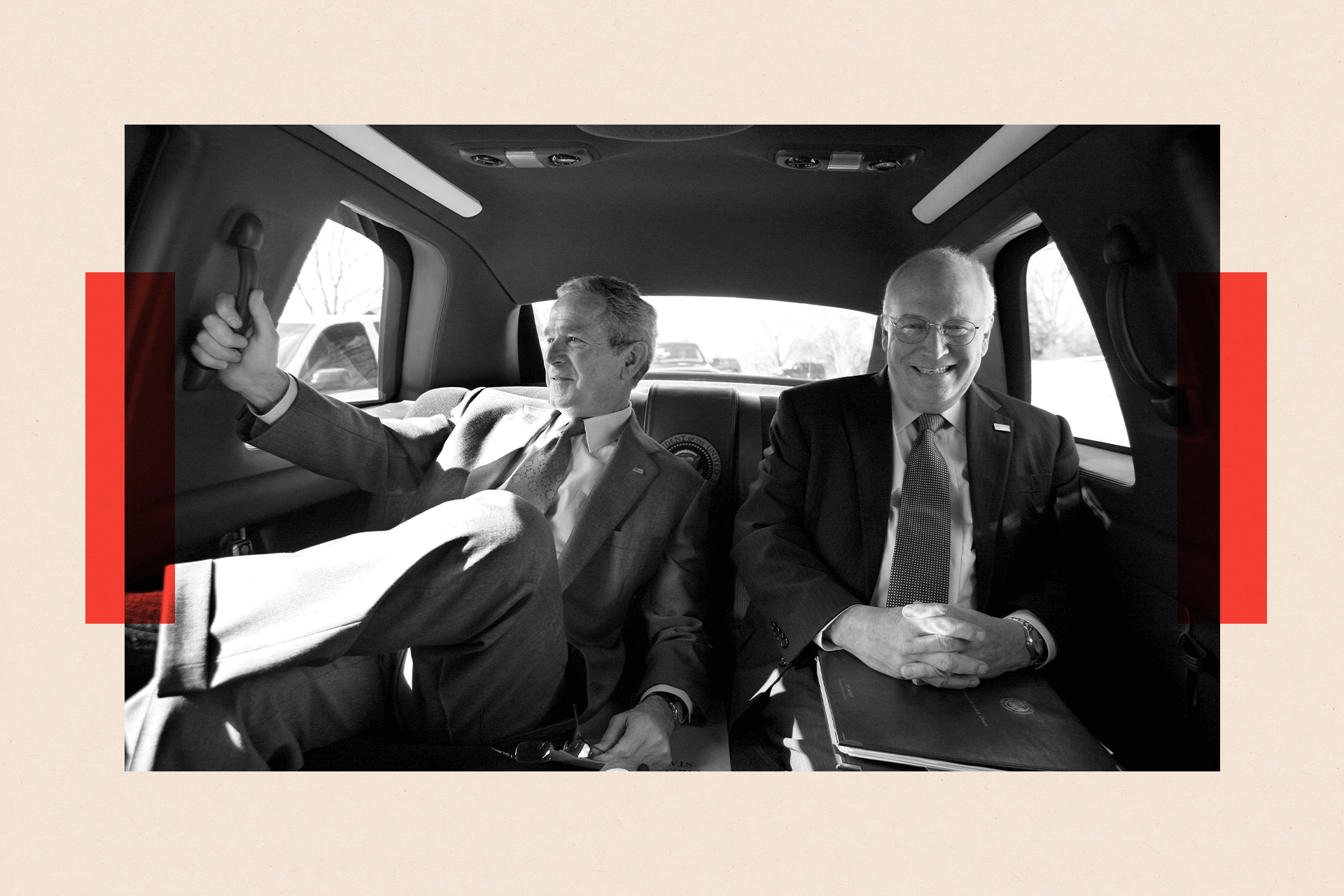
Cheney served as vice president to George W Bush between 2001 and 2009
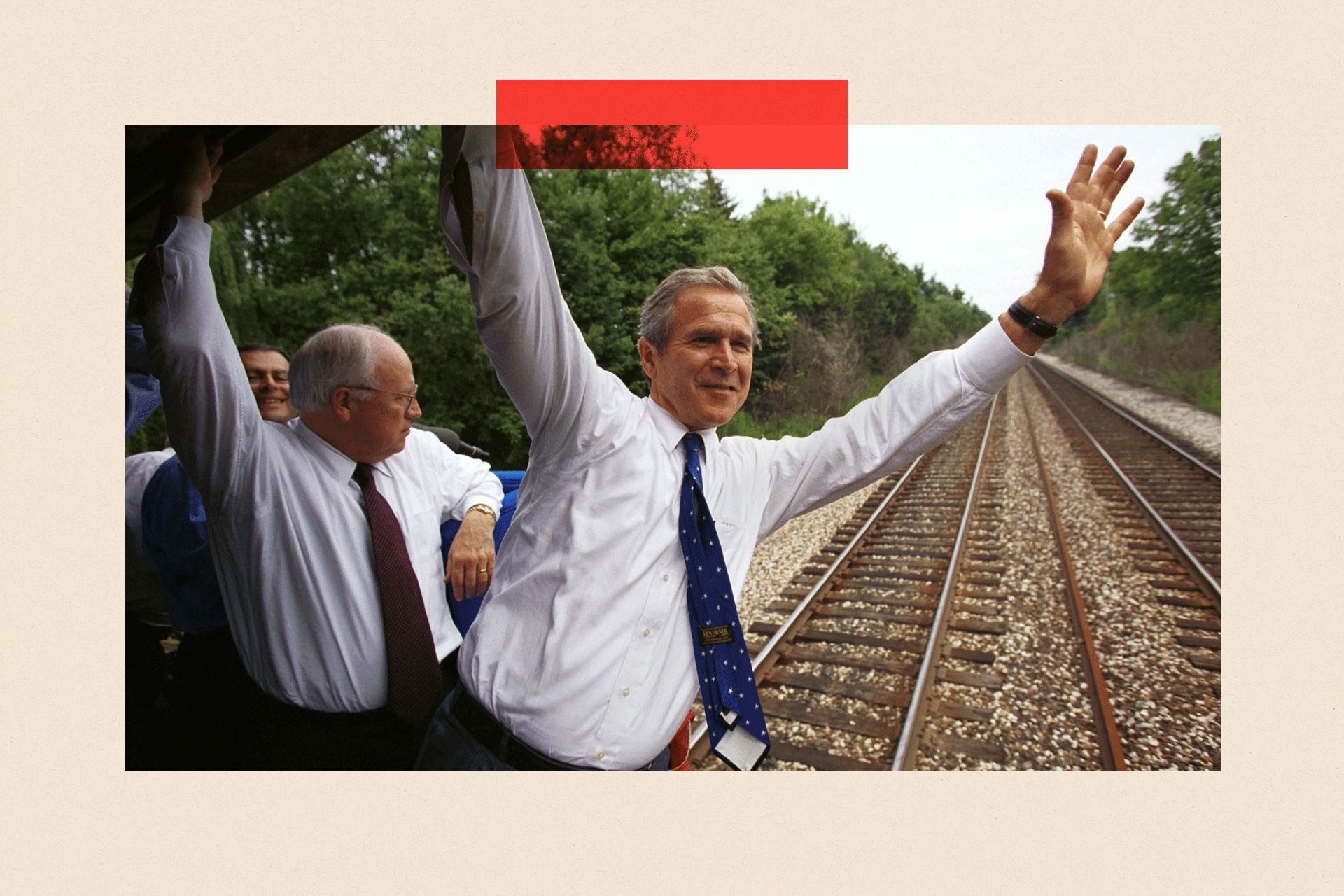
Cheney and George W Bush waving to voters in Michigan during the 2000 presidential election campaign
Another key facet of Cheney's foreign policy was a reliance on "extraordinary renditions" of suspected terrorists captured abroad or on US soil in order to avoid US domestic courts from having jurisdiction over individual cases.
The Bush administration constructed a massive facility at the US military base in Guantanamo Bay in Cuba in order to indefinitely hold those individuals and struck deals with foreign governments to operate "black sites" where interrogations could be conducted without judges weighing in on the legality of the activities.
During his second term in office, Trump has taken similar steps to avoid judicial review of his efforts to detain and deport undocumented migrants on US soil. He has expanded the detention facility in Guantanamo Bay to house deportees and struck deals with foreign governments to receive deported individuals.
Dick Cheney: Former US vice-president who helped lead 'war on terror'
- Published4 November
Heart attacks and hunting accidents: Five times Cheney became the story
- Published4 November
Dick Cheney's death a loss to the nation, says George W Bush
- Published4 November
While some US courts have issued injunctions to stop the removals, they have had limited ability to review the merits of such actions.
"The constitution charges the president, not federal district courts, with the conduct of foreign diplomacy and protecting the nation against foreign terrorists, including by effectuating their removal," Trump's lawyers argued in one case before the US Supreme Court.
Trump has also threatened to use domestic surveillance and investigatory capabilities of the US Department of Justice that Cheney enhanced and expanded more than 20 years ago to combat what he has called "the enemy within".
While the Bush administration used these powers to infiltrate Muslim communities suspected of harbouring extremist views, Trump has called for a national crackdown on the loosely organised left-wing Antifa movement, which he says has resorted to violence in its demonstrations against the president's right-wing policies.
The government's surveillance powers have also been focused on foreign nationals with legal authorisation to enter the US – revoking residency permits and work visas for those the administration has deemed to hold anti-American or antisemitic views.
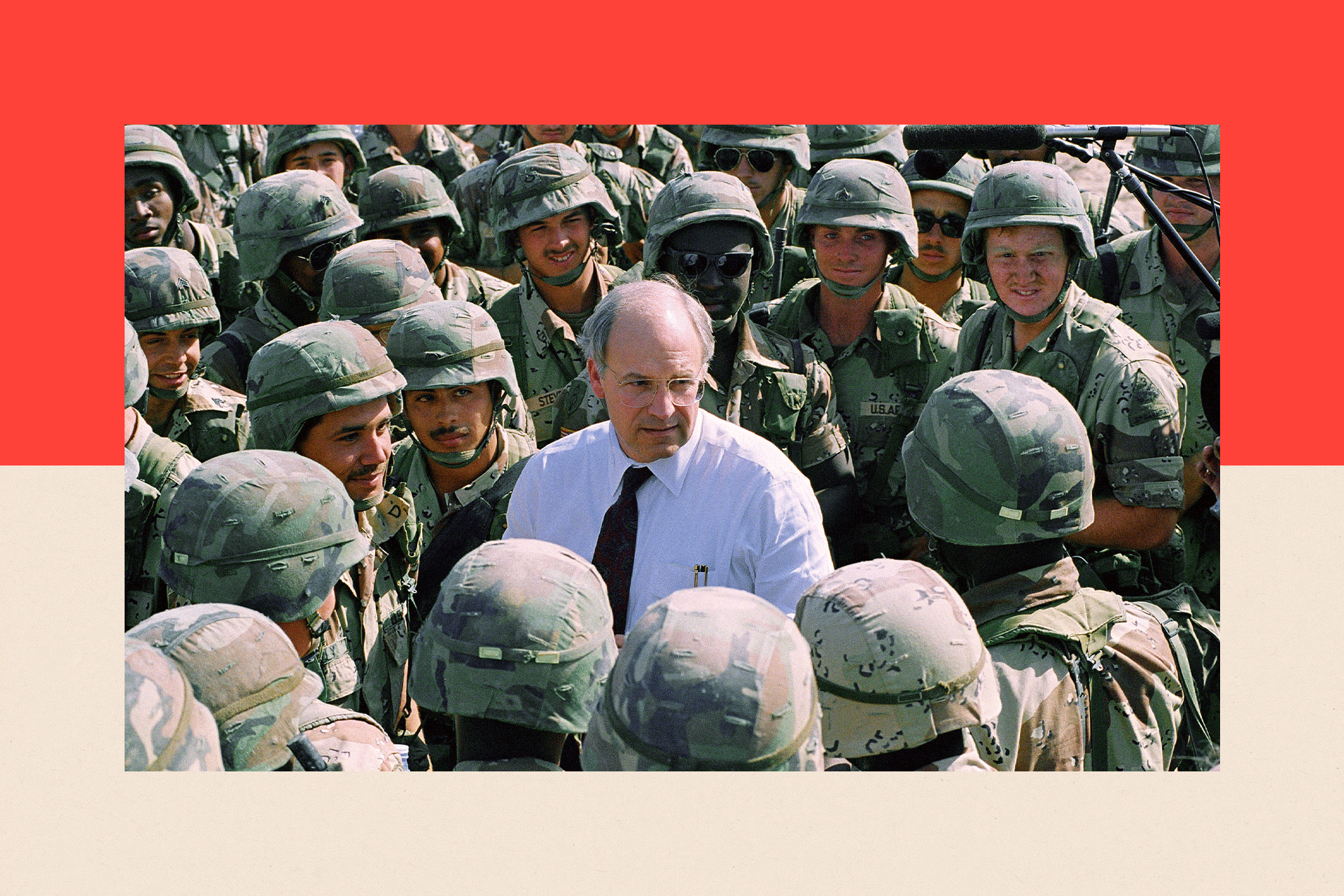
Cheney addressing US troops in Iraq during the Gulf War in 1991
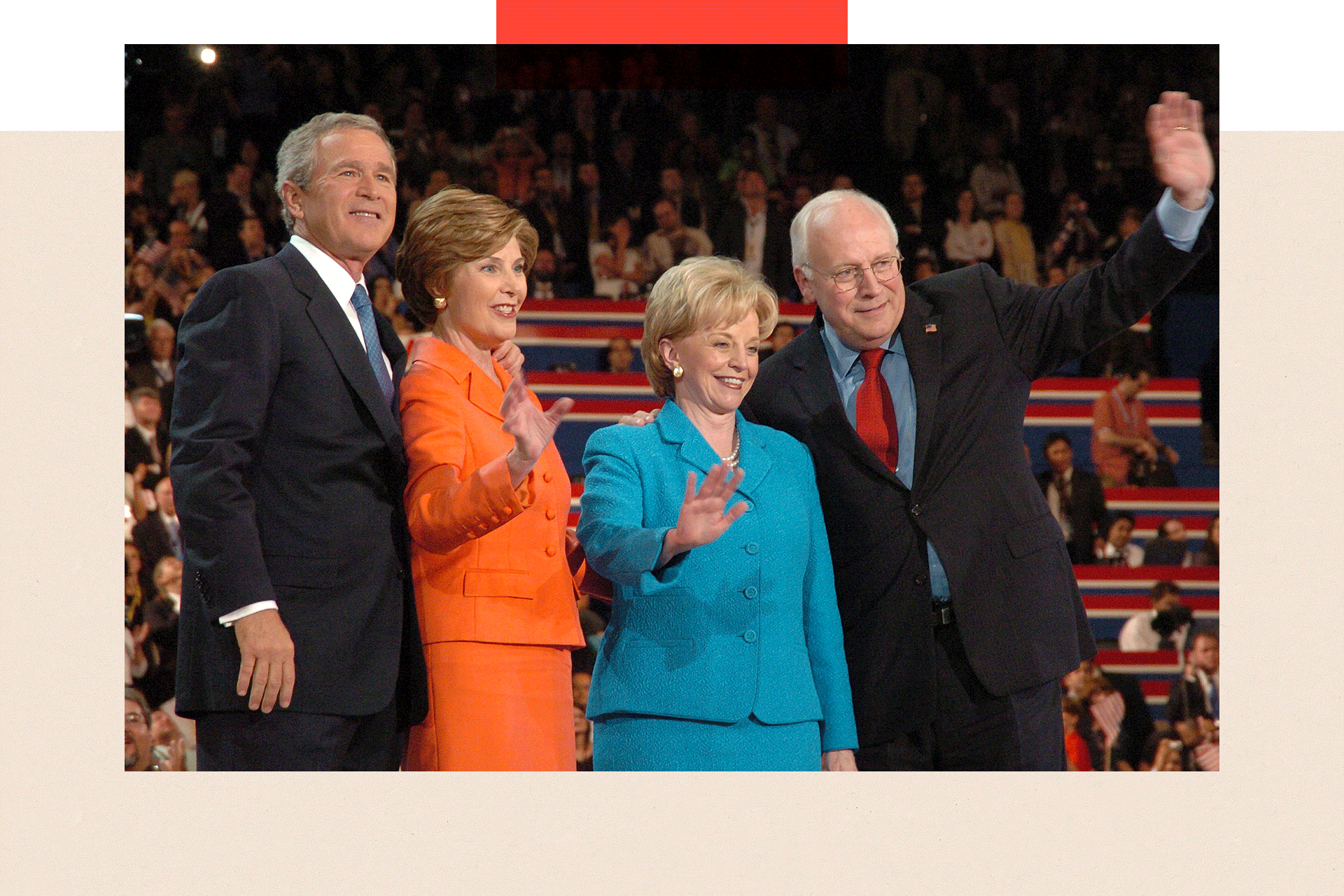
Mr Cheney (far right) with his wife, Lynne, at the Republican convention in 2004, joined by President George W. Bush and his wife Laura.
Within hours after Cheney's death on Tuesday, flags at the White House were lowered to half staff - a display of national mourning mandated by federal law. The move, however, obscures the dramatic rift that had formed between the conservative old guard of Cheney's era and the new Republican Party that Trump has fashioned in his image.
While tributes to the late vice-president have rolled in at a steady pace, Trump has been notably silent.
The current president hasn't hesitated to criticise Cheney and his interventionist foreign policy views in the past, however. And he frequently clashed with Cheney's daughter, Liz, who became a vocal critic of Trump and in 2021 served as vice-chair of the congressional panel investigating his conduct during the January 6 attack on the US Capitol by Trump supporters.
Trump and Cheney stood at loggerheads in the more than a decade since the latter left public office for the final time. Those clashes, however, were about policies and personality. On the power of the presidency – the scope of executive authority and the necessity for the White House to act forcefully when required – they were singing from the same hymnal.
Trump promised retribution - how far will he go?
- Published27 September
US farmers are being squeezed - and it's testing their deep loyalty to Trump
- Published15 September
Trump is used to shaking off criticism - but the Epstein story is different
- Published10 September

BBC InDepth is the home on the website and app for the best analysis, with fresh perspectives that challenge assumptions and deep reporting on the biggest issues of the day. You can now sign up for notifications that will alert you whenever an InDepth story is published - click here to find out how.

